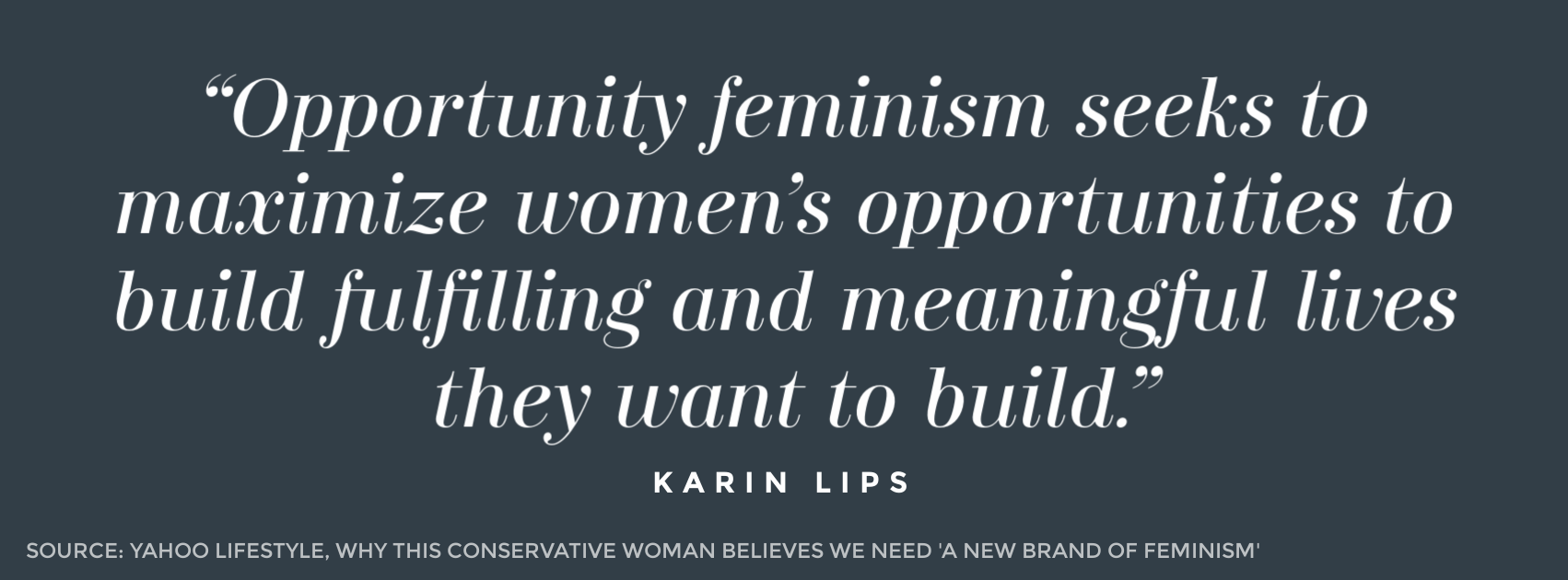Why college students need community on campus and how to help them find it
More than 15 million people attended an undergraduate institution during the 2020-2021 school year. Yet many students feel alone on campus, especially if they are conservative.
After all, more than 50% of students self-identify as liberal , while less than 20% self-identify as conservative.
Politics informs much of student life. An NBC News/Generation Lab poll found that 46% of college sophomores probably or definitely could not see themselves choosing to room with someone who supported the opposing 2020 presidential candidate. And a majority of those polled said they would probably or definitely not go on a date with someone who supported the opposing presidential candidate in 2020.
Widespread polarization and fewer self-identified conservatives on campus means it is more difficult for conservative students to find community. As college freshmen prepare for their first semester in college, here are four ways conservative freshmen can find community on campus.
1. If your school has a conservative paper, read it
Students on many universities have started conservative newspapers or magazines. Find out the name of the one on your campus and pick up a copy. This will give you a chance to read conservative views from your peers and find out about events the main campus paper might not cover.
2. Join a conservative organization
Many universities host a student activities fair at the beginning of the semester. Go and learn what clubs are offered. Find a conservative club and attend the first meeting. This is a great way to build community on your campus with people you might not run into in the dorms, dining hall, or classroom. Some organizations are more centered on activism, while others are focused on discussing ideas. You can find a club that fits the tone you are comfortable with or start your own.
3. Find a professor who can serve as a mentor
When I was a student at the University of Virginia, there were a handful of professors who were known as being friendly to conservative students. Conservative students flocked to them, so this was an effective way to get connected to other conservative students. These professors passed on opportunities such as internships, essay contests, and fellowships. It is helpful to get to know a professor who could write a letter of recommendation or serve as a reference for such opportunities.
Find the conservative professors on your campus by researching who the faculty sponsors are for the conservative clubs. You could also research if there is a free market center on campus.
4. Be willing to learn about new issues
Students benefit from engaging with new ideas. While going to hear someone from the other side speak on a hot-button issue might be too difficult for some students, all students would benefit from taking the small step of going to an event to learn about an issue that is new to them.
Campus common areas are littered with signs advertising all kinds of events, from more traditional lectures on noncontroversial topics to events and debates on the newest ideas, trends, and theories. Take time to go to events with speakers on ideas you don’t know well so that you are challenged and can have more diverse discussions with your peers beyond political headlines.
Likewise, don’t limit yourself to topics related to your major. If you are an engineering major, go to an event on the history of Ukraine. If you are a political science major, attend an event on the latest cancer research developments. If you are an international relations major, participate in a community service event.
There are many silencing pressures conservative students face. More than 80% of students reported some self-censorship, according to the 2021 Campus Free Speech Rankings published by the Foundation for Individual Rights and Expression, College Pulse, and RealClearEducation. Finding a community you can trust and exposing yourself to new and challenging opinions will help you grow in confidence in your own values. Don’t politically isolate yourself, and don’t let others isolate you. College is hard enough as it is.
Karin Lips is the president of the Network of Enlightened Women and a senior fellow with the Independent Women’s Forum. You can follow her on Twitter at @klips and on Instagram at @karin.lips.
This article was originally published by the Washington Examiner.


